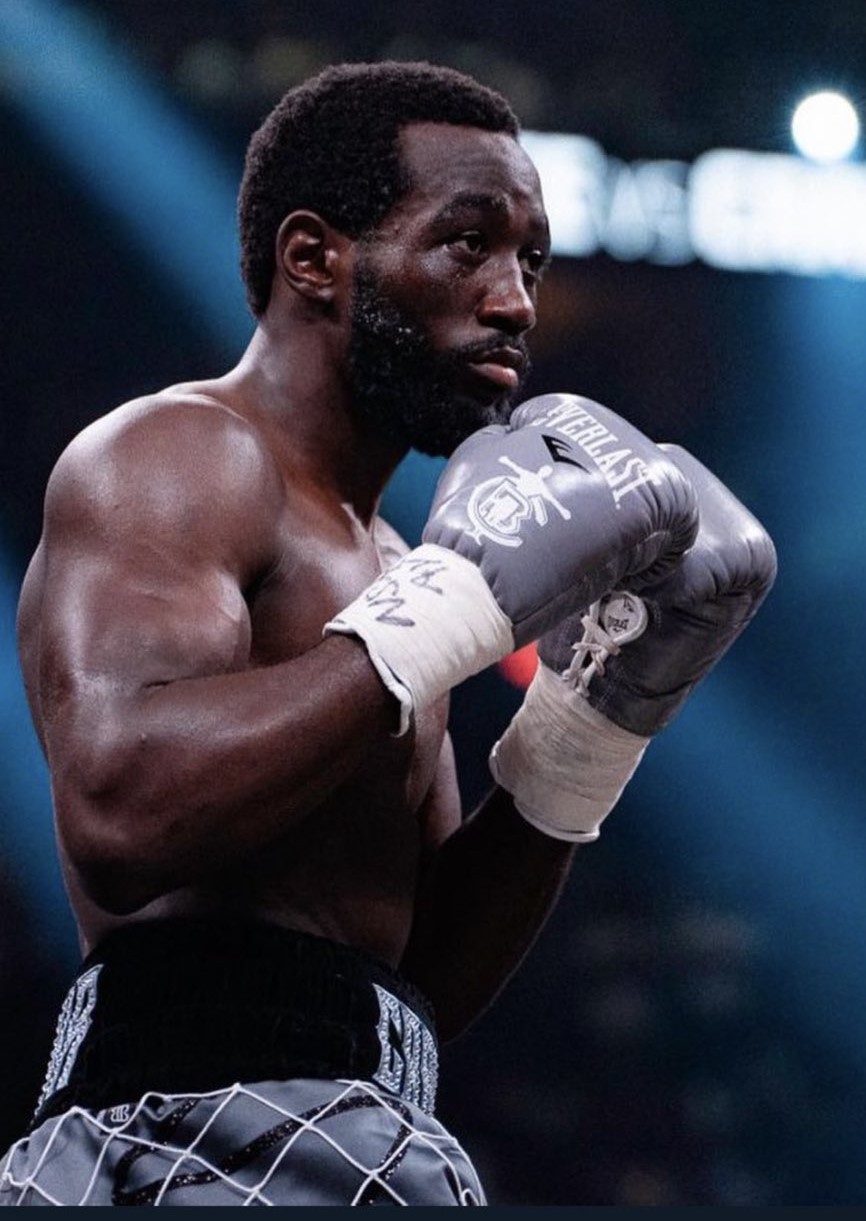By Ivan G. Goldman
Roaming through our site, I came across an intriguing passage in an article by colleague Sean Crose. Mr. Crose, speaking up for Guillermo Rigondeaux’s excruciatingly boring style, lamented that the fighter’s trainer “indicated that (Rigo) will do what is wished of him and become ‘exciting’ for fans this Saturday. If that’s true, it’s too bad.”

Photo: Chris Farina/Top Rank
Holy crap, I said to myself. This is dynamite. Crose has the courage and confidence to speak up for monotony, to disdain excitement and to positively revel in tedium. It’s like praying for a drought or hoping that your new professor will be a crashing bore. Wow. Where else can you read this kind of stuff?
Crose wrote those startling words just before snore-mongering Rigondeaux defended his super bantamweight titles against Joseph Agbeko. And those of us who watched those twelve wearisome rounds on HBO Saturday night know that my colleague worried needlessly. The bout, according to his logic, was a resounding success, with the most exciting moments occurring during trips to the refrigerator.
Crose, whose groundbreaking analysis can be found in his article entitled “Guillermo Rigondeaux Just Needs To Be Himself,” must be terribly pleased. Well I’m pleased for him — and for HBO analyst Max Kellerman as well, who spent much of the telecast speaking up for Rigo’s drab fighting style that consists of feinting and pawing and waiting and sometimes throwing an actual punch.
Together, Kellerman and Crose almost had me convinced that from here on out, whenever I find a book, film or sporting event threaten to get exciting I will know something’s terribly wrong. In the vernacular of Crose, entertainment must aspire to be “bad” (and he doesn’t mean that in the hip-hop sense, which would make it a conversely positive attribute) to be truly worthy of our attention. Apparently if what we’re looking at doesn’t shape up and get tiresome we should muster the resolve to walk away and hunt up something yawn-friendly.
In his brilliant novel Catch 22, late author Joseph Heller invented a World War II aviator called Dunbar, who, knowing that his life was hanging by a thread every time he flew a mission, learned to embrace boredom. It made his fragile young life seem to last longer. So Mr. Crose’s argument isn’t completely original. Still, one has to admire the fortitude it took to write that Rigondeaux “has a bright future ahead of him, a very bright future, if he just keeps doing what comes organically,” that is, to keep it dull. Build it dreary and they will come.
The writer doesn’t bother to grapple with the unfortunate reality that fighters at lower weights don’t generally draw a big following even when they provide plenty of action. Not one bout in the sensational series between Israel Vazquez and Rafael Marquez made it to pay-per-view. Nor does he take note of promoter Bob Arum’s complaint that Cuban fighters in general have a terrible time attracting fans. Or that Rigo, competing and living in the U.S. for more than four years, remains a non-English speaker.
Despite the pithy perception, sound reasoning, and vastly profound analysis employed by Rigondeaux’s defenders, I can’t dismiss the nagging fear that most fans recognize boredom when they experience it and show little sign of rushing to embrace more of it. On-site observers say fans in bunches walked out during the numbing spectacle of Rigondeaux and Agbeko. But what do they know?
Here’s to tedium. As long as we have analysts like Sean Crose, it will never die.

Ivan G. Goldman’s boxing novel The Barfighter was nominated as a 2009 Notable Book by the American Library Association. Information HERE







kagithane escort
11/04/2024 at 12:37 am
merhaba kağıthane escort sitesi https://escortlarburda.com/
beşiktaş escort
11/04/2024 at 1:00 am
merhaba beşiktaş escort sitesine hoşgeldiniz https://ilanvitrin.com/
bets10 twitter
11/15/2024 at 10:41 am
Bets10 giriş sayesinde herkes için rahat bir oyun deneyimi sunar. Kendinizi güvende hissedeceğiniz bir ortamda şansınızı deneyin!
grandpashabet giriş
11/18/2024 at 9:00 am
Grandpashabet, eğlence dolu bir dünyaya adım atmanızı sağlar. Burada şans ve keyif bir araya geliyor. Haydi, keşfedelim!
Escort Kağıthane
11/19/2024 at 1:36 pm
Çağlayan-Kağıthane Escort❤️bayanları sitemizde bularak onlarla doyumsuz seks yapmaya hazır olun. Tek yapmanız gereken Kağıthane-Çağlayan Escort❤️bayan sitemizi ziyaret etmeniz.
escort beşiktaş
11/20/2024 at 12:56 pm
Beşiktaş Escort ❤️Bebek Escort❤️Etiler Escort Bayanlar
istanbul fatih escort bayan
11/21/2024 at 1:05 pm
Fatih Escort ❤️ bayanları sitemizde bularak onlarla doyumsuz seks yapmaya hazır olun. Tek yapmanız gerek Fatih Escort Bayan ❤️ sitemizi ziyaret etmeniz.
sultangazi escort kızlar
11/22/2024 at 5:40 pm
Sultangazi Escort ❤️ bayanları sitemizde bularak onlarla doyumsuz seks yapmaya hazır olun. Tek yapmanız gerek Escort Sultangazi Bayan ❤️ sitemizi ziyaret etmeniz.
escort beyoğlu
11/22/2024 at 7:45 pm
Beyoğlu-Taksim Escort ❤️ bayanları sitemizde bularak onlarla doyumsuz seks yapmaya hazır olun. Tek yapmanız gerek Taksim-Beyoğlu Escort Bayan ❤️ sitemizi ziyaret etmeniz.
sarıyer eskort
11/23/2024 at 6:48 pm
en kaliteli maslak escort sarıyer escort sitesii
bakırköy eskort
11/23/2024 at 6:57 pm
Bakırköy-Ataköy Escort ❤️ bayanları sitemizde bularak onlarla doyumsuz seks yapmaya hazır olun. Tek yapmanız gerek Florya Escort Bayan ❤️ sitemizi ziyaret etmeniz.
arnavutköy eskort
11/25/2024 at 7:58 pm
Arnavutköy escort hizmetleri, samimi bir deneyim arayanlar için özel bir alternatif sunuyor. Şehirdeki eğlence hayatını zenginleştiriyor.
esenyurt ucuz escort
11/26/2024 at 8:01 pm
Esenyurt escort, keyifli bir deneyim arayanların vazgeçilmezi. Burada, samimi ve sıcak bir ortam sizi bekliyor.
avcılar eskort
11/27/2024 at 10:00 pm
geçmişten bugüne kalitenin adresi avcılar escort sitesine hoşgeldiniz
kumburgaz escort
11/28/2024 at 4:37 am
gerçek vip kumburgaz escort bayan sitesiyim